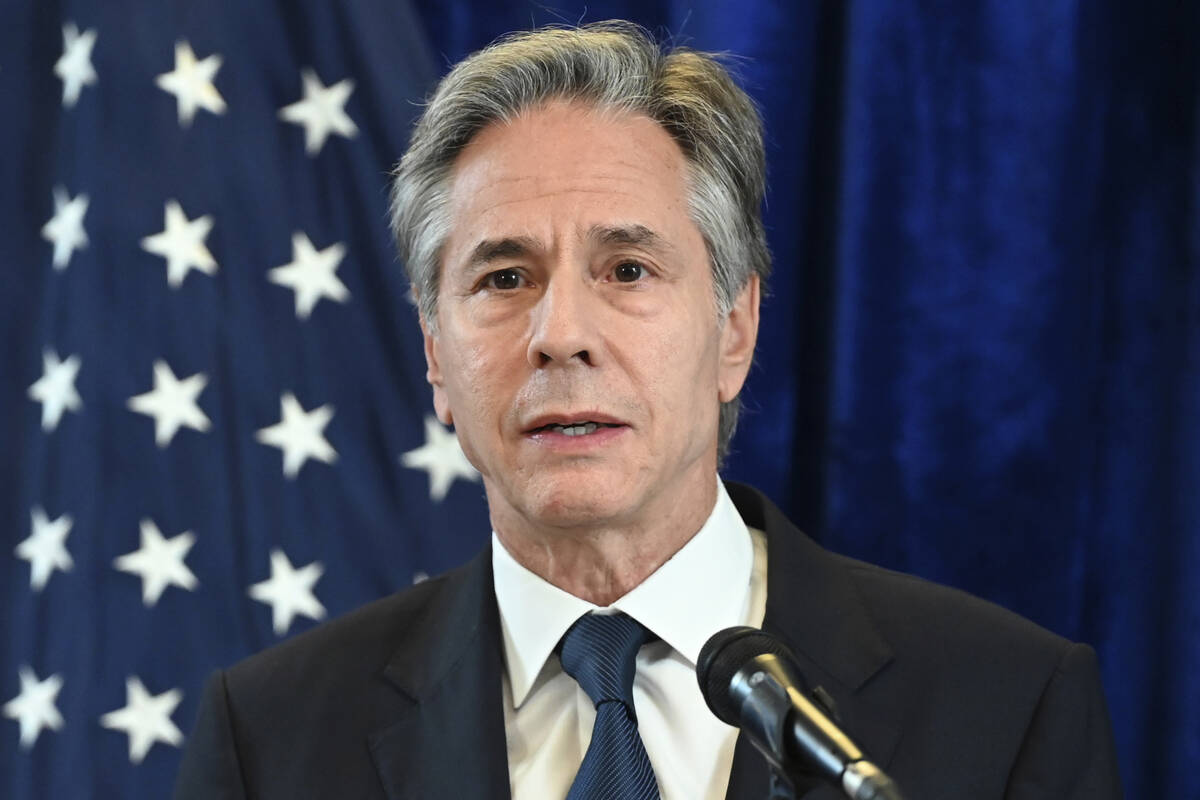U.S. sees chance to break deadlock in Lebanon

WASHINGTON — With Israel’s sabotage and military operations in Lebanon taking out many of Hezbollah’s senior leaders, some in Washington and elsewhere believe there may be a window for a new push to break the political deadlock in Lebanon to try to ease escalating war.
To that end, Secretary of State Antony Blinken spoke by phone separately Friday with acting Lebanese Prime Minister Najib Mikati and parliament speaker Nabhi Berri about the need to resolve the situation, the State Department said.
Earlier in the week, Blinken talked with his Saudi, Qatari and French counterparts about how a resolution — particularly the election of a new Lebanese president — might reduce tensions in the Middle East by getting Hezbollah to move its forces away from Israel’s northern border to the line set out in a U.N. Security Council resolution ending the 2006 war between Israel and Hezbollah.
“It’s clear that the people of Lebanon have an interest, a strong interest, in the state asserting itself and taking responsibility for the country and its future,” Blinken told reporters Friday in Laos. “The presidency has been vacant for two years now, and for the Lebanese people, having a head of state would be very important.”
He said Lebanon’s future is for its people to decide and no one else, including “any outside actor, whether it’s the United States, Israel, or any of the many actors in the region.”
The U.S. and others have been pressing for years for an end to the political deadlock in Lebanon to no avail. The country’s sectarian power-sharing system has always been prone to stalemate. The U.S. blames the two-year presidential vacuum on resistance to compromise by Iran-backed Hezbollah, which is considered a legitimate political party in Lebanon and has been part of its government for nearly two decades despite being designated a terrorist organization by the U.S., Israel and others.
After the term of former President Michel Aoun ended in October 2022, Lebanon’s deeply divided parliament met several times to elect a successor and failed every time. Hezbollah has been backing Sleiman Frangieh, a Christian politician allied with the Shiite group.
The opposing faction has put forward a series of names, but the man widely seen as Frangieh’s main competition — although he has not officially declared his candidacy — is the Lebanese army commander, Gen. Joseph Aoun, who is generally seen as close to the U.S.
In the meantime, the worsening political paralysis and stalled measures to alleviate a crippling economic crisis have plunged three-quarters of the population into poverty.